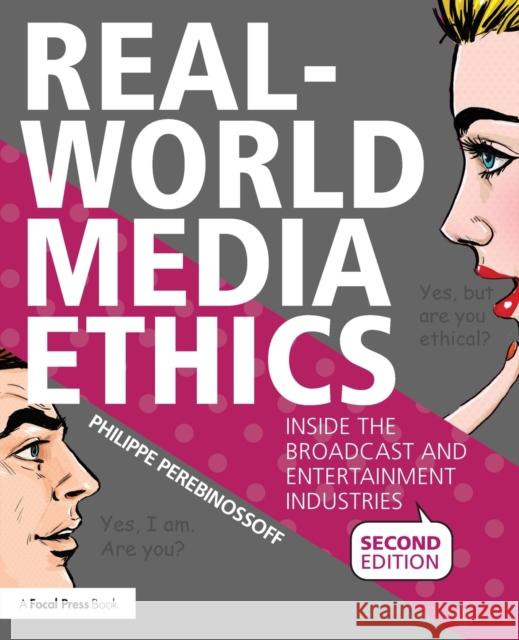Real-World Media Ethics: Inside the Broadcast and Entertainment Industries » książka
topmenu
Real-World Media Ethics: Inside the Broadcast and Entertainment Industries
ISBN-13: 9781138897946 / Angielski / Miękka / 2016 / 320 str.
Real-World Media Ethics: Inside the Broadcast and Entertainment Industries
ISBN-13: 9781138897946 / Angielski / Miękka / 2016 / 320 str.
cena 257,42
(netto: 245,16 VAT: 5%)
Najniższa cena z 30 dni: 236,70
(netto: 245,16 VAT: 5%)
Najniższa cena z 30 dni: 236,70
Termin realizacji zamówienia:
ok. 16-18 dni roboczych.
ok. 16-18 dni roboczych.
Darmowa dostawa!
- Is it ethical to pass yourself off as black if you are Caucasian, as Rachel Dolezai, the president of a local chapter of the NAACP, did in 2015?
- Was it ethical for Donald Sterling, the former owner of the NBA team, to use racially inflammatory language?
- Is it ethical to exaggerate or fabricate the importance of one's role, as Brian Williams apparently did when he anchored the NBC nightly news?
- Is it ethical for a journalist to pay a source for a story, tips, and photos, as TMZ, Gawker and others do regularly?











